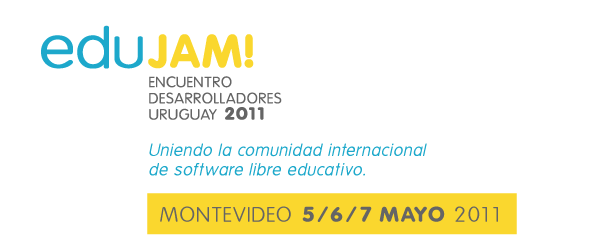Two weeks back, the Financial Times posted an essay by Gillian Tett about OLPC, titled “Billions of children could be transformed by cheap computers” (and later, “Why logging on should be child’s play”). The article eventually concludes that children’s lives could be transformed, and that being able to ‘log on’ to the Internet should probably be child’s play for all children — but was much more ambivalent than the titles suggest.
They ran a long reader response to the article the following week, which is worth sharing:
As a fellow anthropologist in the financial sector, I am surprised by Gillian Tett asking “Could the idea fly? Should it?†regarding the distribution of $200 connected green laptops to children in the developing world. I similarly question her implication that this is a local Latin American initiative by One Laptop Per Child, as part of a grand “intellectual vision†recently developed by neuroscientists.
In the 21st century, we cannot separate computer literacy from the traditional “3Rsâ€. The luxury of computer literacy is the competitive edge of the developed world’s affluent children…
One Laptop Per Child’s mission statement has no neuroscientific technobabble: to supply cheap, green, durable, connected laptops for “collaborative, joyful, and self-empowered learning … [and] a brighter futureâ€. Currently, 2.1m XO computers have been deployed to children and teachers worldwide in Latin America, Africa and Asia.
For Ms Tett to ask “if†or “should†this happen is like asking if the horse Goldikova should race. The little green laptop has legs – and it’s a winner.



